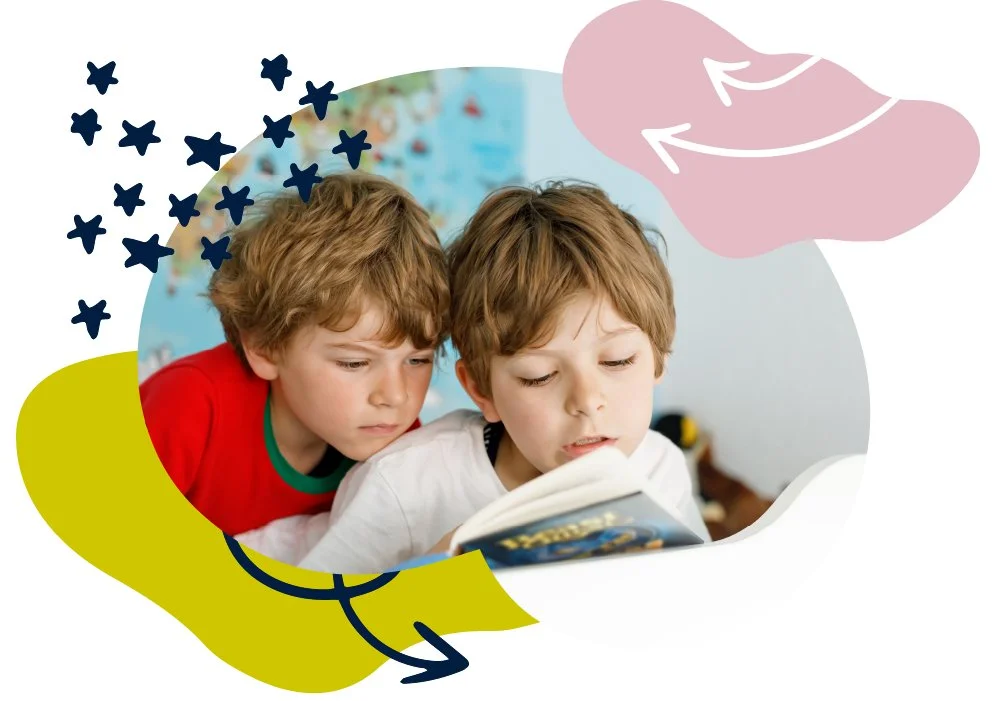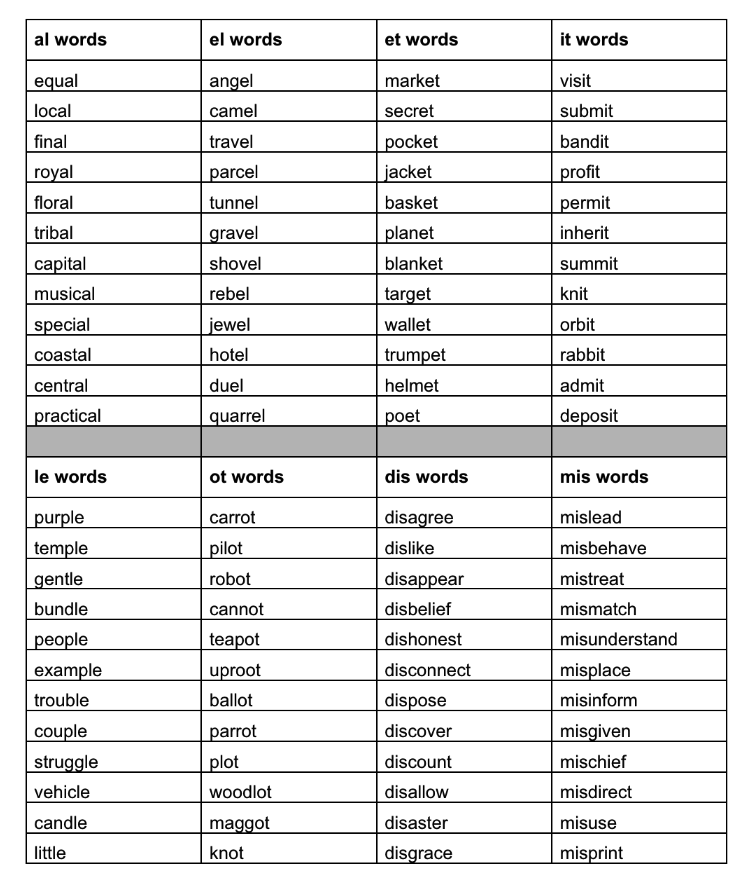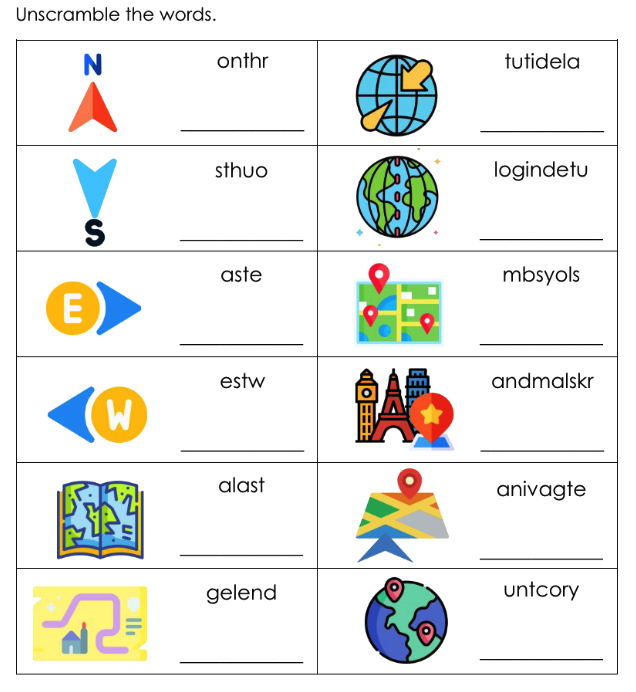What should a child know by the end of Year 3?
Year 3 marks your child’s first year in Key Stage 2 as a Junior!
Most children will have finished their phonics courses and will be focussing on learning specific spellings and spelling patterns. They will read a greater range of genres – both fiction and non-fiction. They will be learning more complicated grammar and punctuation and will be putting it all together as they write a range of text types.
These are a variety of simple things you can do at home to support your child’s developing English skills:
1. Continue to make time to read to your child as often as you can, or listen to books read aloud. This will support their vocabulary and comprehension skills. Talk about any new vocabulary that you come across – and use it together later.
2. Encourage your child to read as much as possible – seeing words in print really helps children to absorb correct spelling and grammar and punctuation. Talk about the books your child reads. Have they liked them? What might happen next?
3. Listen to your child read as often as possible. Try to read their school reading book as well as other books they have chosen for themselves. Occasionally, without slowing the story too much, point out conjunctions or adverbs, and the punctuation for speech. When reading non-fiction, ask your child to point out headings, captions and key words.
4. Practise spellings. Play games with your child to help them learn their weekly spelling words.
5. Create writing opportunities, such as mini non-fiction books, chapter books or a graphic novel. Encourage your child to write the story of a favourite film or television series. Ask them to tell you stories they have made up or to retell favourite or well-known tales or personal anecdotes. Get them to write with pencil and paper or on the computer – playing around with fonts and pictures. Find unusual objects or facts that your child could use as a story starting point.
6. Encourage your child to talk to you. Gently correct any grammar mistakes, and help them to extend what they say with conjunctions such as because, after, where and to choose a or an correctly. Challenge them to use new vocabulary and to retell stories to you or tell you anecdotes about their life.
7. Keep talking to your child and use interesting vocabulary when doing so. Try to use precise nouns, descriptive adjectives and adverbs.
8. Keep practising handwriting – support your child as they start to join letters correctly.
Try this quiz on your children!
And that’s it for our guide to Year 3 English! We wish you and your little Year 3 all the best, and are super excited for you to engage with the course!
Here are some study tips for exam success!



